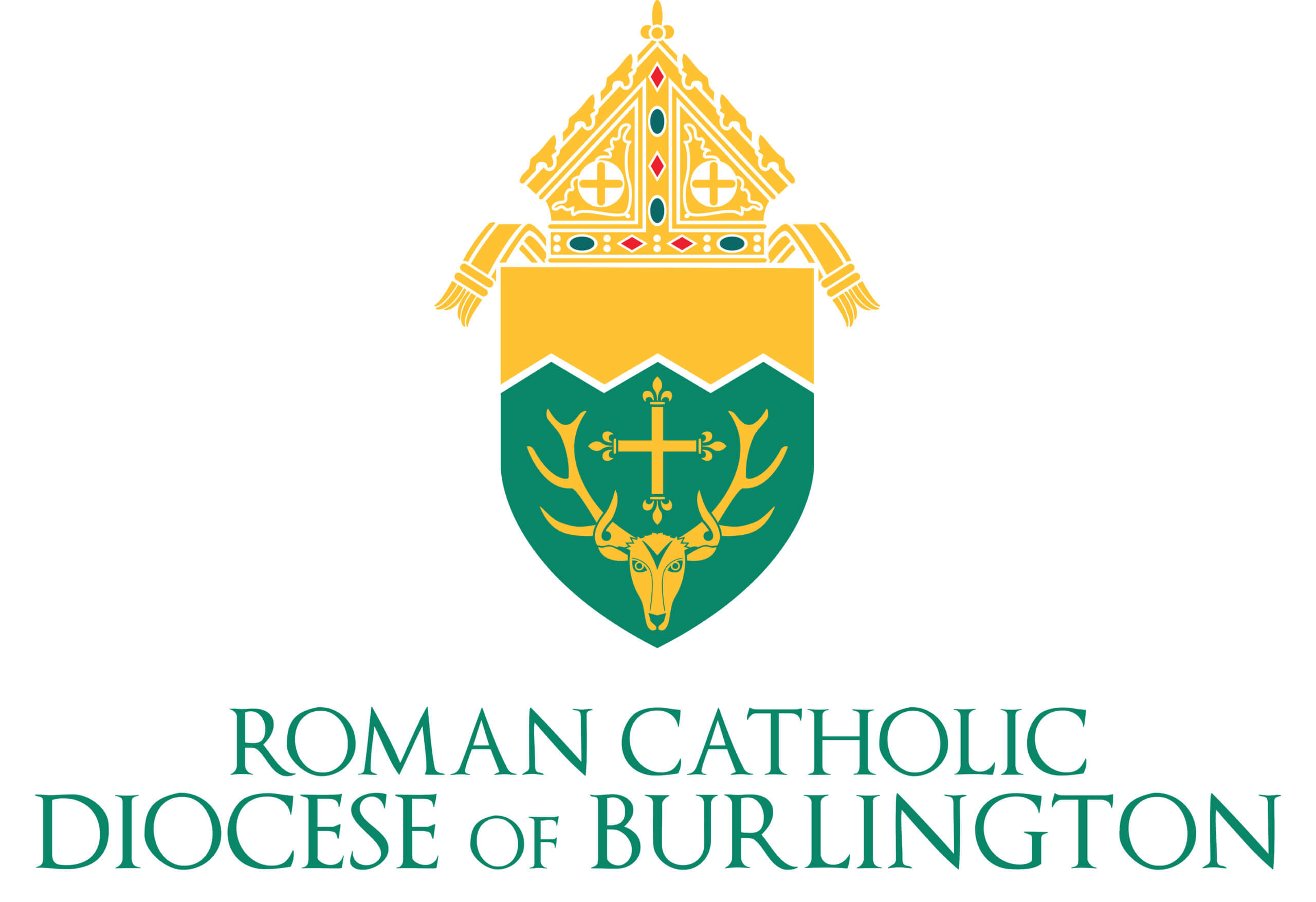
St. Joseph the Worker
St. Joseph the Worker
Feast • May 1
Church • Chester
St. Joseph the Worker in Chester was established in 1946. The present stone church was built in 1969, and St. Joseph plays an important role in its continuation. At one point in time, the church was struggling financially, and the staff prayed for St. Joseph’s intercession. The next day they received word that a parishioner passed away and left money to the parish. To thank St. Joseph, the staff took a pilgrimage to St. Joseph’s Oratory in Montreal. To celebrate him, the parish distributed books highlighting the miracles of St. Joseph.
St. Joseph
St. Joseph, the foster father of Jesus, has two feast days on the liturgical calendar; the first, observed on March 19, celebrates Joseph in his entirety. The second, observed on May 1, commemorates one important aspect of this saint, specifically St. Joseph the Worker.
Pope Pius XII instituted this feast day in 1955 in response to the Communist observance of “May Day,” which embodied a thoroughly secular view of the meaning of work and workers. By contrast, the Feast of St. Joseph the Worker emphasizes the dignity and sacredness of labor, in which humans are seen as actively participating in the creative work of God.
Long before the Communists instituted their holiday, however, Joseph had been held up as the model of workers who exemplify the holiness of human labor. Rather than seeing work as something that elevates and supports the “state,” as May Day does, this feast reminds us that work is a dignified act, performed in concert with the creativity of God, for the purposes of not only fulfilling the worker’s satisfaction in a job well done but as a means to support and sustain a family – both the worker’s own and, by extension, the entire human family as well.
Not only was Joseph a worker according to the second definition, but as foster father to Jesus, he had the privilege of training his foster son to be such a worker as well. We must never forget that Jesus, before leaving Nazareth to preach and teach, was a carpenter just as Joseph was and knew both the joy and drudgery of putting in a hard day’s work.
By emphasizing St. Joseph the Worker, the Church also calls to mind the universal rights of all workers. As Pope John Paul II noted in his encyclical “Laborem Exercens,” “the Church considers it her task always to call attention to the dignity and rights of those who work, to condemn situations in which that dignity and those rights are violated and to help to guide [social] changes so as to ensure authentic progress by man and society.”

